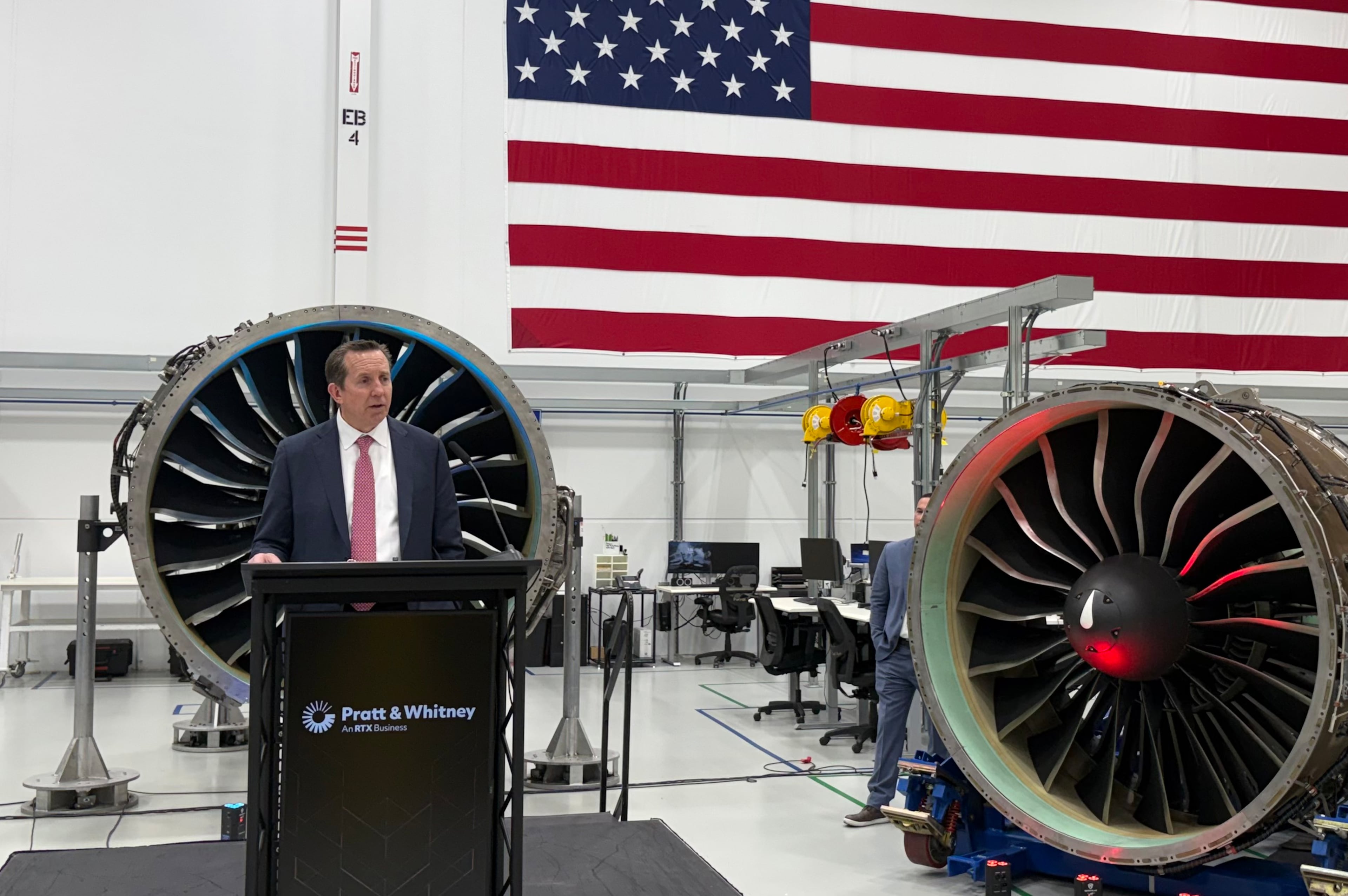Air conditioning service business humming in heat wave
"We are currently experiencing high call volume."
Come summer in Georgia, that's a common message at air conditioning service companies. Lately, it's been a constant, with heating and cooling businesses swamped with calls from consumers suffering balky or broken AC systems that can't handle the persistently high temperatures and stifling humidity.
"It's been crazy busy," said Ken Haines, president of Coolray, during a rare break.
Incoming phone calls are up from about 400 a day, he said, to 600 to 900. Service crews are working seven days a week and phones lines are staffed 24 hours a day.
"Business," he said, "is up big."
Cooling companies around metro Atlanta report similar situations, especially with May and June off the charts.
"Usually, there's an ebb and flow," said Tom Mutz, service manager for Moncrief Heating and Air Conditioning. "You'll get a few hot days and then it cools off."
Not during this heat wave, which tapered off some for the Fourth of July but should resume at uncomfortable temperatures this week.
Mutz said Moncrief might normally service 110 to 115 homes a day at this time of year, but recently that's jumped to 150 to 175 a day.
The big problem, said Joel Heller, service manager for Estes Heating and Air Conditioning, isn't so much daytime high temperatures, but overnight lows in the 70s. Air conditioning units have to work deep into the evening to cool a house, meaning equipment rarely gets a break. Overtaxed units, particularly older ones, are susceptible to breakdowns.
"It's all hands on deck," Heller said.
Cooling executives said the weak economy had some effect on business last year, as people sometimes opted for less costly, temporary repair jobs when a unit went down, instead of spending several thousand dollars or more to replace a system.
This summer, though, the installation business as well as service work is up, and executives say part of the reason may be a federal tax credit of up to $1,500 that is available for new air conditioning purchases. There also are many rebate offers.
Said Haines, "We might be seeing some pent-up demand."


